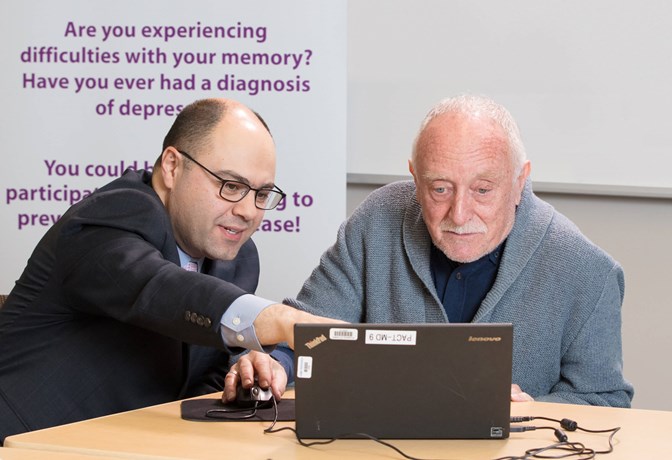CAMH scientists are shedding new light on why current treatments may not work for everyone, while also indicating directions to new methods to improve care.
Major depressive disorder, for instance, isn’t one condition that can be treated with one approach. At least 30 per cent of patients don’t respond adequately—or at all—to current depression treatments. For researchers, the question is why and what can be done about it?
One answer is likely because of genetic differences in depression between women and men. This year, a study by Dr. Etienne Sibille of the Campbell Family Mental Health Research Institute showed the same genes are activated the opposite way in women and men with depression. Dr. Sibille’s research takes what we already know—that there are obvious differences in how the sexes experience depression—to the next level, paving the way for more investigation.
Another CAMH discovery highlights how depression changes the brain over time. Through brain imaging, Dr. Jeff Meyer found that people with periods of untreated depression lasting more than a decade had significantly more brain inflammation compared to those with less than 10 years of untreated depression.
However, no matter how long people have had depression, they are all typically treated using the same approach, says Dr. Meyer. This one-size-fits-all mentality doesn’t work. We need to change how we think about and provide care for depression as it progresses.






